Transnational initiative gathered in Ljubljana, Slovenia, to discuss the country’s particular challenges with radicalisation and violent extremism, including youth radicalisation and Foreign Terrorist Fighters (FTFs) transit.
Due to some historical specificities, the regional Balkan landscape of violent extremism has been proven arduous for neighbouring countries. Slovenia has been impacted by the Balkan FTFs mobilisation, shaping how radicalisation is perceived and the risk of violent extremism is tackled at a national level.
The country is committed to a comprehensive approach to preventing and countering violent extremism (P/CVE), connecting different levels of action, including governmental and non-governmental stakeholders.
HOPE project’s Transnational Thematic Workshop in Ljubljana gathered more than 40 practitioners and policymakers to understand how the country’s historical and sociological settings led to its current P/CVE and counter-terrorism approaches and how they intertwine with the prison setting.
Within a broad analysis of the Slovenian panorama, Branko Lobnikar, State Secretary at the Ministry of the Interior, shared data from a research project correlating an increase in youth radicalisation with the COVID-19 pandemic.
Of the surveyed youth, 80% think that radicalisation among young people increased during the pandemic. The most common reasons given for this increase were opposition against the government and against COVID measures, totalling 36%; more time spent on social media (22%); and loneliness and feeling of being excluded (19%).
Dr Lobnikar emphasised how reacting to radicalisation isn’t the wisest approach for an effective P/CVE framework. To tackle radicalisation, preventive work needs to be done prior to the involvement of the criminal justice system, reinforcing the importance of a whole-of-society approach to P/CVE. He defends that different organisations and actors play a role, going beyond the mobilisation of security forces, emphasising how societal actors, for instance, schools and the media, must be active in the P/CVE field.

Robert Golobinek, Head of the Slovenian Department for Criminal Law and Human Rights, laid a clear picture of how violent extremism and terrorism are legally perceived in Slovenia. He highlighted how, in practice, Slovenian security institutions do not see violent extremism as a pressing problem, as the goal is to work preventively, thus not reaching concerning threat levels. The need for investing in prevention was the main conclusion, especially considering that radicalisation is a regional structural and chronic problem.
Moreover, Mr Golobinek emphasised how the balance between security and freedom needs to be delicately approached when dealing with extremism. He brought attention to the line between the need to protect public safety and the respect for human and civil rights of those who hold radicalised ideals. Mr Golobinek asserted that violent actions are the line that justifies the intervention of security agents.
Jasmin Musić, from the Slovenian Prison Administration, provided an overview of the country’s prison system and its radicalisation prevention efforts at the event.
Despite the official low level threat in the country, the Slovenian prison setting has been dealing with radicalisation for over two decades now. It poses significant challenges which can only be counteracted by dynamic security, as it mitigates the potential consequences and hazards of prison radicalisation.
To better grasp the current risk situation in the country, a slovenian representative explained that despite ranking low in the threat level, Slovenia has been deeply affected by the environment felt in Southern Eastern Europe. The expert alerted to new hybrid threats, as the transit of FTFs and the poorly explored link between mental health and radicalisation have been aggravated by the Covid-19 pandemic.
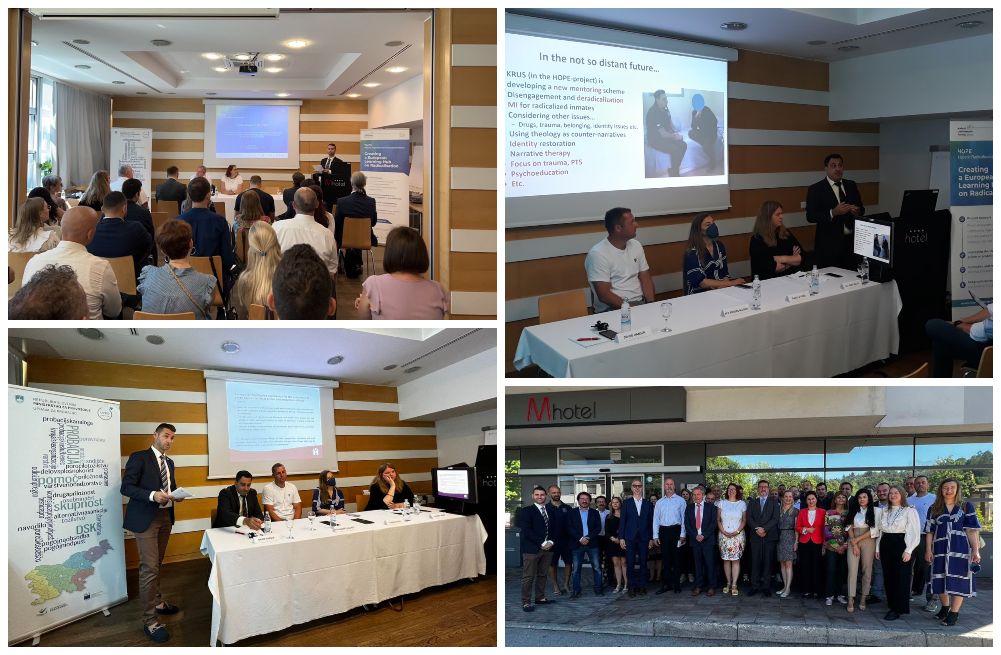
Sharing important insights about the challenges of working with VEOs in the Norwegian prison system was Dr David Hansen, Associate Professor at the University College of Norwegian Correctional Services (KRUS). Per-Anders Magnes, a prison officer at the Kongsvinger prison in Norway, also contributed to this experience-sharing.
The expert shared practical insights, focusing on a mentoring scheme already developed by the Norwegian services. Dr Hansen also presented a new mentoring scheme, which is now being developed under the HOPE project, focused on providing radicalised individuals with skills whilst addressing adjacent phenomena.
In turn, Mr Magnes provided a practical overview of the role of the prison officer in the rehabilitation process of radicalised inmates or those convicted for violent extremism. He highlighted how radicalised individuals knowledge of religion, philosophy or ideology can be used as a means of power. Officers might not be prepared or have the confidence to enter conversations or discussions in the particular fields where the inmate roots his ideas. The officer highlighted how careful the work with such individuals must be, in order to truly understand the meaning behind the signals and symbols, allowing them to work towards a positive rehabilitation path.
Dr Daniela Pisoiu, senior researcher at the Austrian Institute for International Affairs, provided an in-depth look at the motivations of FTFs to join foreign conflicts. Through her experience interviewing former foreign fighters, she was able to shine a light on several points of convergence.
According to Dr Pisoiu, the search for meaning – taking action to create change by doing something that made sense and provided fulfilment, status, and recognition – is a key motivation for terrorist fighters, which can be used when working towards their disengagement process. The expert finds that they find answers in their beliefs to everything according, in a convincing way. In their worldview, they see an ongoing global conflict between the forces of good and evil (i.e. the West and the US in particular), and they look to be a part of the battle and make a difference therein.
Moreover, Dr Pisoiu shared some strategies to prevent further radicalisation and mobilisation from joining foreign conflicts. She marked the need for a local approach by strengthening local institutions and promoting trust and counter-narratives.
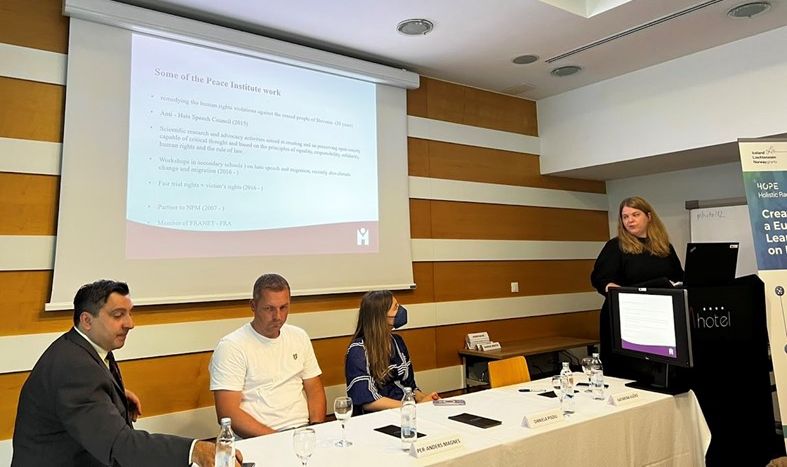
A large community of experts united under the HOPE Radicalisation Network continues committed to knowledge sharing and promoting cross-sectoral cooperation, especially in Southern Eastern Europe and the Balkan countries. The goals are the early prevention of radicalisation, successful vulnerability detection, and the strengthening of rehabilitation practices.
The HOPE Radicalisation Network online hub provides more information about the important discussions that were at the core of the project’s Transnational Thematic Workshops and beyond. By joining HOPE’s network, members can follow project initiatives closely, access hundreds of relevant resources, and network with experts and organisations worldwide.
Know more about this project

DIGIDEM
Fostering Digital Democracy and Citizenship in Higher Education
HOPE is led by IPS_Innovative Prison Systems (Portugal) in partnership with organisations from several countries, namely the University College of Norwegian Correctional Service (Norway), Agenfor International Foundation (Italy), the Euro-Arab Foundation for Higher Studies (Spain), the Bulgarian Association for Policy Evaluation (Bulgaria), the Bulgarian General Directorate “Execution of Sentences” (Bulgaria), the Bucharest-Jilava Penitentiary (Romania), the Helsinki Committee for Human Rights in Serbia (Serbia) and the Slovenian Probation Administration (Slovenia).
For more information about the HOPE project and the HOPE Radicalisation Prevention Network, go to www.hope-radproject.org
Related projects
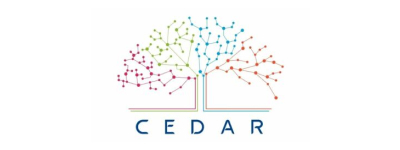
CEDAR
Continuing Education Against Radicalisation

EUTEx
Developing a European framework for disengagement and reintegration of extremist offenders and radicalised individuals in prison

IN2PREV
Law enforcement and community cooperation and training approach to prevent radicalisation by ensuring refugees’ successful inclusion
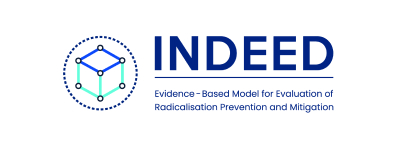
INDEED
Strengthening a comprehensive approach to preventing and counteracting radicalisation based on a universal evidence-based model for evaluation of radicalisation prevention and mitigation

INTEGRA
Integrated Community, Probation and Prison Services Radicalisation Prevention Approach

KOBAN
Identifying future capabilities for Community Policing

MIRAD
Multi-Ideological Radicalisation Assessment towards Disengagement

PARTES
Participatory Approaches to Protecting Places of Worship

PRACTICIES
Partnership against Radicalisation in Cities

R2COM
Radicalisation and violent extremism prevention in the community
Related news

New IPS-led initiative unites efforts to protect religious communities, schools, and places of worship
Read More »
IPS contributes to shaping EU’s future agenda on radicalisation prevention at Brussels Town Hall meeting
Read More »
Advancing rehabilitation and countering contemporary extremist threats: IPS at the EU Knowledge Hub on Prevention of Radicalisation Thematic Panels
Read More »
Strengthening integration across Europe: Collaborative efforts to support refugee inclusion and radicalisation prevention
Read More »
Advancing cross-sectoral collaboration for refugee integration and radicalisation prevention
Read More »
Frontline practitioners’ gathering reiterates the importance of cross-sectoral collaboration in preventing radicalisation and refugee integration
Read More »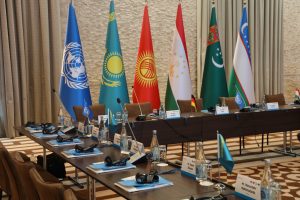
IPS collaborates with UNODC in radicalisation prevention and terrorism challenges in Central Asia
Read More »

